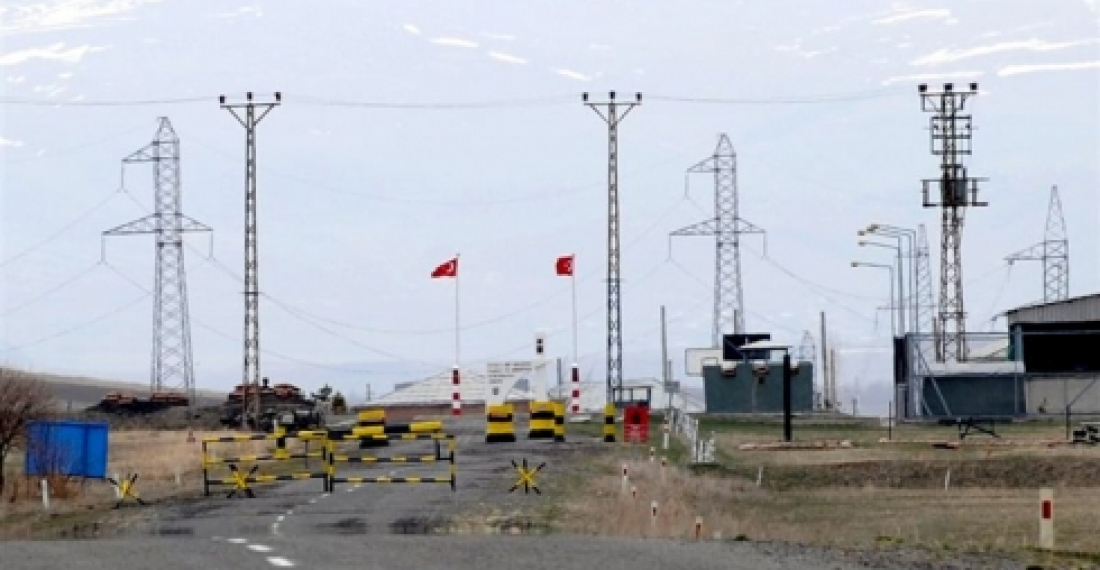Инцидент, произошедший на турецко-армянской границе в начале этой недели, привел к смерти турецкого пастуха, который по ошибке забрел на армянскую территорию, собирая своих овец. Само по себе это происшествие не является необычным, такие проблемы часто происходят на напряженных границах. Необычным в этом случае было то, что он был убит российскими пограничниками, так как именно они патрулируют турецко-армянскую границу. Этот инцидент пролил свет на одну из многих анахронизмов в своеобразной связи между Арменией и Россией.
В заявлении Министерства иностранных дел Турции от 1 августа говорится, что Мустафа Улкер, гражданин турции, который пас скот на турецко-армянской границе погиб в результате выстрела, когда он пересек границу с Арменией, чтобы собрать в стадо свой скот. В заявлении также говорится:
"Мы решительно осуждаем стрельбу и убийство невинного гражданина Турции из-за простого нарушения границы, которое приследовало невинные цели. Нет объяснения действиям армянской стороны в применнной непропорциональной силе в этом инциденте, такие нарушения, как правило, часто происходят на границе.
Этот и другие подобные инциденты указывают еще раз на необходимость полной, устойчивой и всеобъемлющей нормализации ситуации на всем Южном Кавказе и преобладание здравого смысла в отношениях Армении со своими соседями."
Армения пытается сгладить инцидент. Она направила дипломатическую ноту в Турцию, в которой выразила свои соболезнования по данному инциденту, и выразила надежду, что подобные инциденты не повторятся в будущем.
Инцидент произошел в среду, и тело умершего пастуха уже возвращено Турции.
Политический редактор Commonspace.eu в комментарии сообщает, что "армяно-турецкие отношения остаются напряженными и сложными, и этот инцидент, хотя сам по себе не является политически серьезным, может быть легко использован националистами в Турции для разжигания антиармянских настроении. Но он также напомнил миру, что граница между Арменией и Турцией охраняется с армянской стороны российскими солдатами. По факту они не переставали патрулировать эту границу даже после распада СССР. Армения говорит, что это в целях собственной защиты из-за враждебного отношения Турции и из-за того факта, что Турция не имеет дипломатических отношений с Арменией. Но факт остается фактом, и это странная ситуация одна из многих анахронизмов в турецко-российских отношениях. Призыв Туреции к "полной, устойчивой и всеобъемлющей нормализации ситуации во всем регионе Южного Кавказа" является обоснованным и должен быть услышан."
Источник: commonspace.eu
Commentary
Российские пограничники застрелили турецкого пастуха на армяно-турецкой границе.






